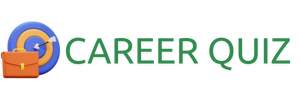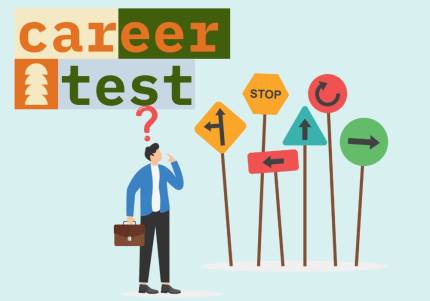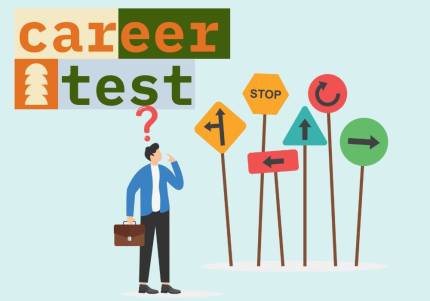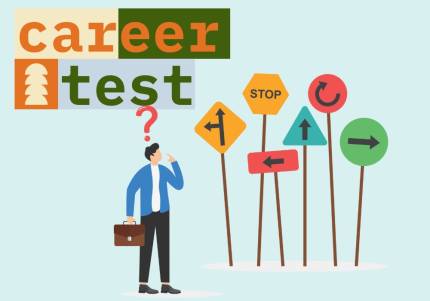Career Tests for High School Students: Start Early
- 19 May 2025
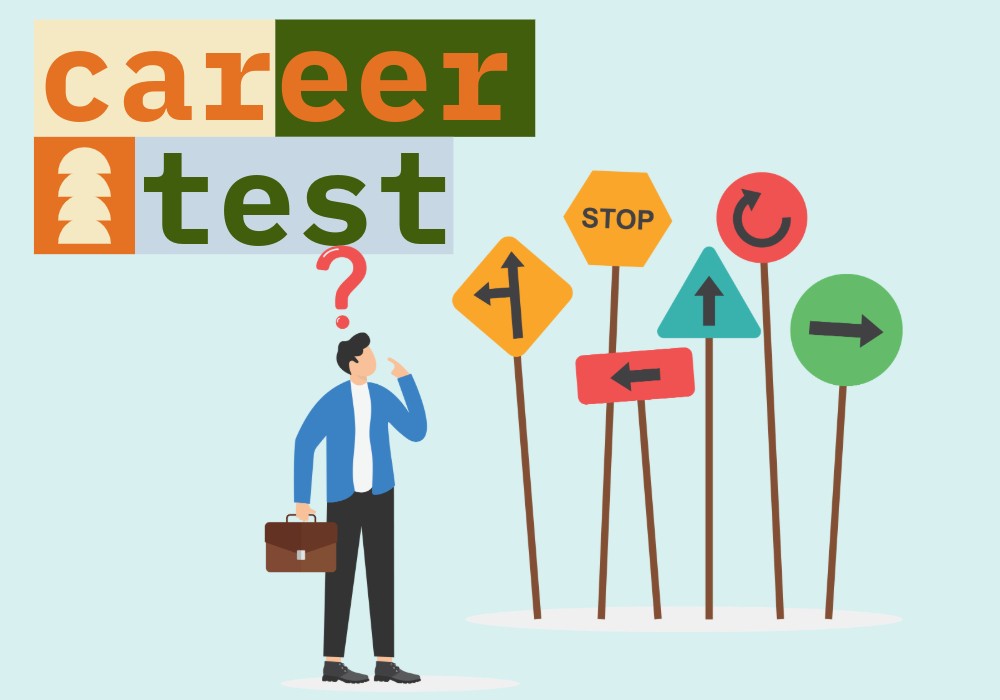
Why Early Career Exploration Matters
The high school years represent a critical window for initial career exploration—a time when students begin forming preliminary professional identities that influence subsequent educational decisions. Research consistently demonstrates that structured career assessment during these formative years significantly improves post-secondary outcomes, including higher college completion rates, fewer major changes, and smoother transitions into early career roles. Despite these benefits, many students receive minimal systematic career guidance beyond basic college application support.
Early assessment serves multiple developmental purposes beyond simple occupation matching. The process helps adolescents develop self-awareness regarding their abilities, interests, and values while connecting abstract academic subjects to concrete professional applications. This relevance connection often enhances academic motivation as students recognize how classroom learning supports future aspirations. Additionally, early exploration helps students develop critical career adaptability skills they'll utilize throughout increasingly dynamic professional journeys.
Age-Appropriate Assessment Approaches
Career assessment for high school students requires developmentally appropriate instruments that recognize adolescent identity formation as an ongoing process. Effective assessments at this stage emphasize exploration rather than premature commitment, introducing broad career clusters and general interest patterns rather than narrow occupational recommendations. The focus remains on expanding possibilities rather than eliminating options, helping students discover potential paths they hadn't previously considered.
Assessment design should acknowledge adolescents' limited work experience by connecting career-relevant attributes to familiar academic and extracurricular contexts. For example, instead of asking about workplace preferences directly, effective instruments might examine how students approach group projects, what subjects naturally engage their curiosity, or which extracurricular activities they find most energizing. These proximal experiences provide meaningful data points for career exploration without requiring extensive work history.
Key Benefits of Early Career Assessment
- Educational Relevance - Connects academic subjects to future applications
- Self-Discovery - Builds awareness of interests, abilities, and values
- Exploration Framework - Provides structure for investigating career options
- Decision Support - Guides course selection and activity involvement
- Motivation Enhancement - Strengthens academic engagement through relevance
Recommended Assessment Instruments
Several career assessment tools have been specifically designed or adapted for high school populations. The Strong Interest Inventory compares students' interest patterns to those of satisfied professionals across diverse fields, highlighting promising areas for exploration without requiring extensive career knowledge. The Holland Code (RIASEC) Assessment classifies interests into six domains (Realistic, Investigative, Artistic, Social, Enterprising, and Conventional), connecting these patterns to potential career environments.
The YouScience Discovery assessment combines aptitude measurement with interest assessment, identifying natural talents that might otherwise remain undiscovered through traditional academic metrics alone. The Career Key provides accessible career cluster matching based on Holland's theory, with developmentally appropriate language and examples. For students with learning differences or engagement challenges, the Picture Interest Career Survey offers a visual assessment approach requiring minimal reading comprehension.
Comparison of High School Career Assessments
| Assessment | Primary Focus | Completion Time | Best For |
|---|---|---|---|
| Strong Interest Inventory | Interest patterns comparison | 35-40 minutes | College-bound students |
| Holland Code Assessment | Interest classification | 15-20 minutes | General exploration |
| YouScience Discovery | Aptitudes and interests | 60-90 minutes | Identifying hidden talents |
| Career Key | Career cluster matching | 15-25 minutes | Educational planning |
| Picture Interest Career Survey | Visual preference assessment | 20-30 minutes | Students with reading challenges |
Implementation Strategies
Effective career assessment implementation extends beyond one-time testing to create ongoing exploration opportunities throughout the high school experience. Tenth grade often represents an optimal initial assessment point, providing meaningful data for both course selection and extracurricular planning before college application processes begin. Follow-up assessments during junior year can reveal evolving interests and inform more specific post-secondary planning.
Comprehensive programs integrate assessment results into multiple aspects of the high school experience. Career and technical education departments create exploration modules connecting assessment findings to hands-on learning experiences. Academic advisors reference results during course registration conversations, identifying relevant electives and advanced coursework aligned with emerging interests. Extracurricular coordinators highlight activities and competitions related to identified career clusters.
Supporting Practical Exploration
Assessment results provide maximum benefit when paired with concrete exploration opportunities that bring career possibilities to life. Job shadowing programs allow students to observe professionals in fields aligned with their assessment results, gaining firsthand exposure to daily realities beyond generalized descriptions. Career fairs featuring diverse representatives from identified interest areas enable direct conversation about educational pathways and entry requirements.
Informational interviews with professionals working in fields highlighted by assessment results provide personalized insights beyond standardized occupational descriptions. Virtual reality career simulations offer immersive experiences of various work environments without logistical constraints. Community service and volunteer opportunities aligned with career interests provide practical experience while building relevant skills and relationship networks.
Family Engagement Considerations
Effective career exploration programs actively involve families in the assessment process, recognizing their powerful influence on students' career perceptions and decisions. Parent workshops explaining assessment purpose and interpretation help families provide informed guidance while respecting adolescent autonomy. Family discussion guides accompanying assessment results facilitate productive conversations about emerging interests and educational implications.
Schools that successfully integrate career assessment recognize that family career expectations may sometimes conflict with assessment findings, particularly in communities with strong cultural traditions regarding prestigious or appropriate occupations. Sensitive engagement strategies help families balance legitimate concerns about economic security and educational investment with support for authentic student interests and aptitudes.
